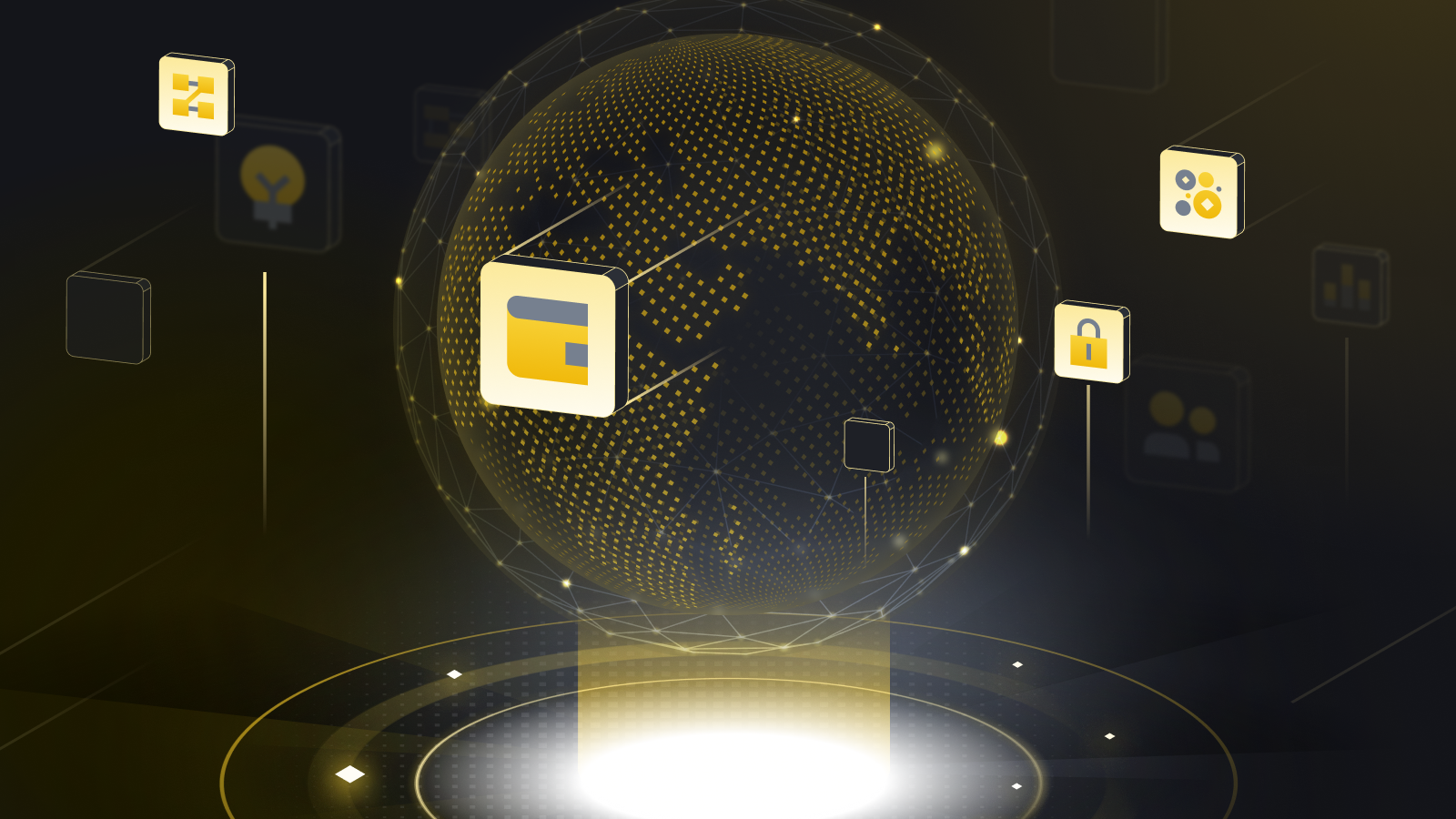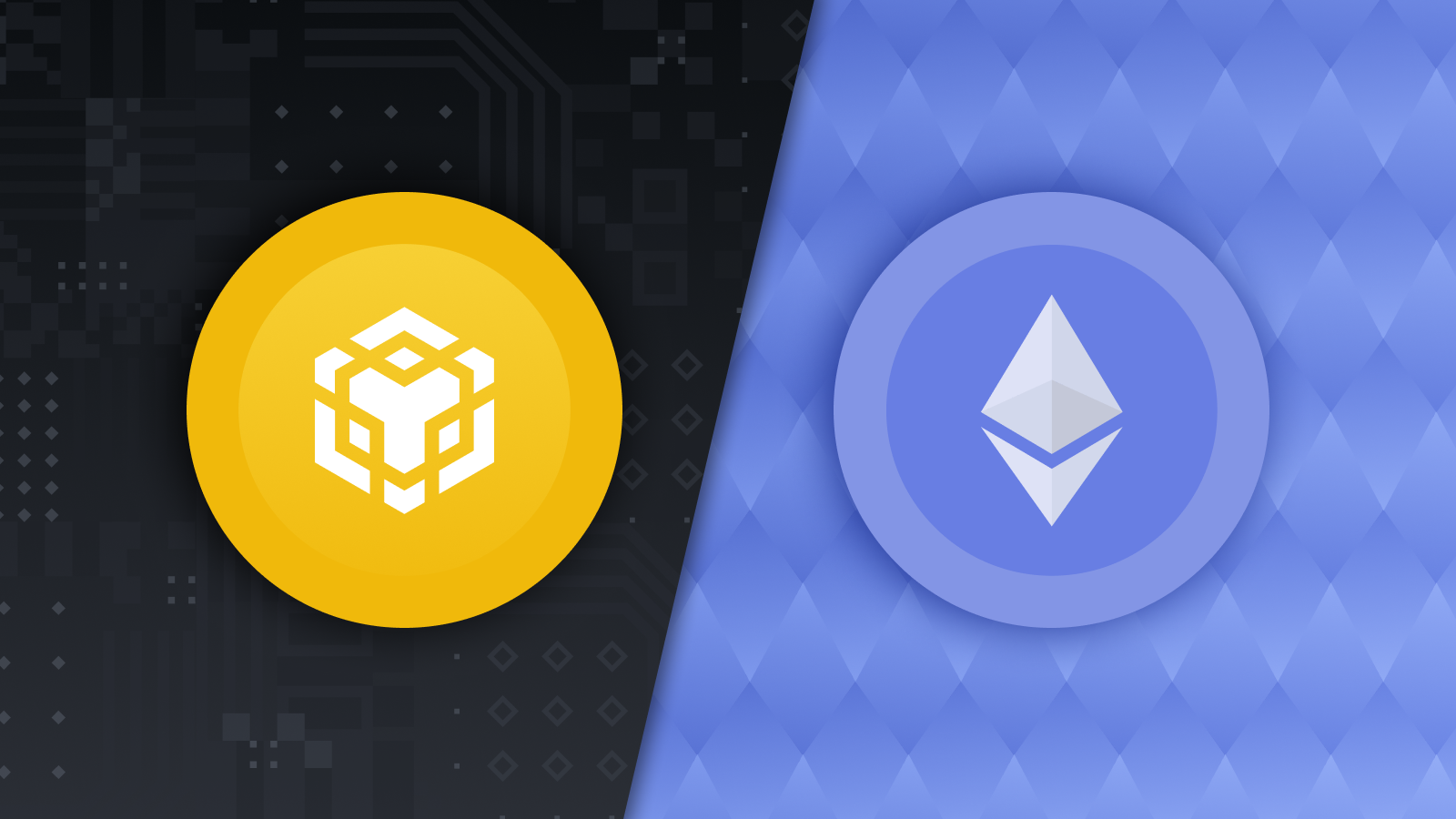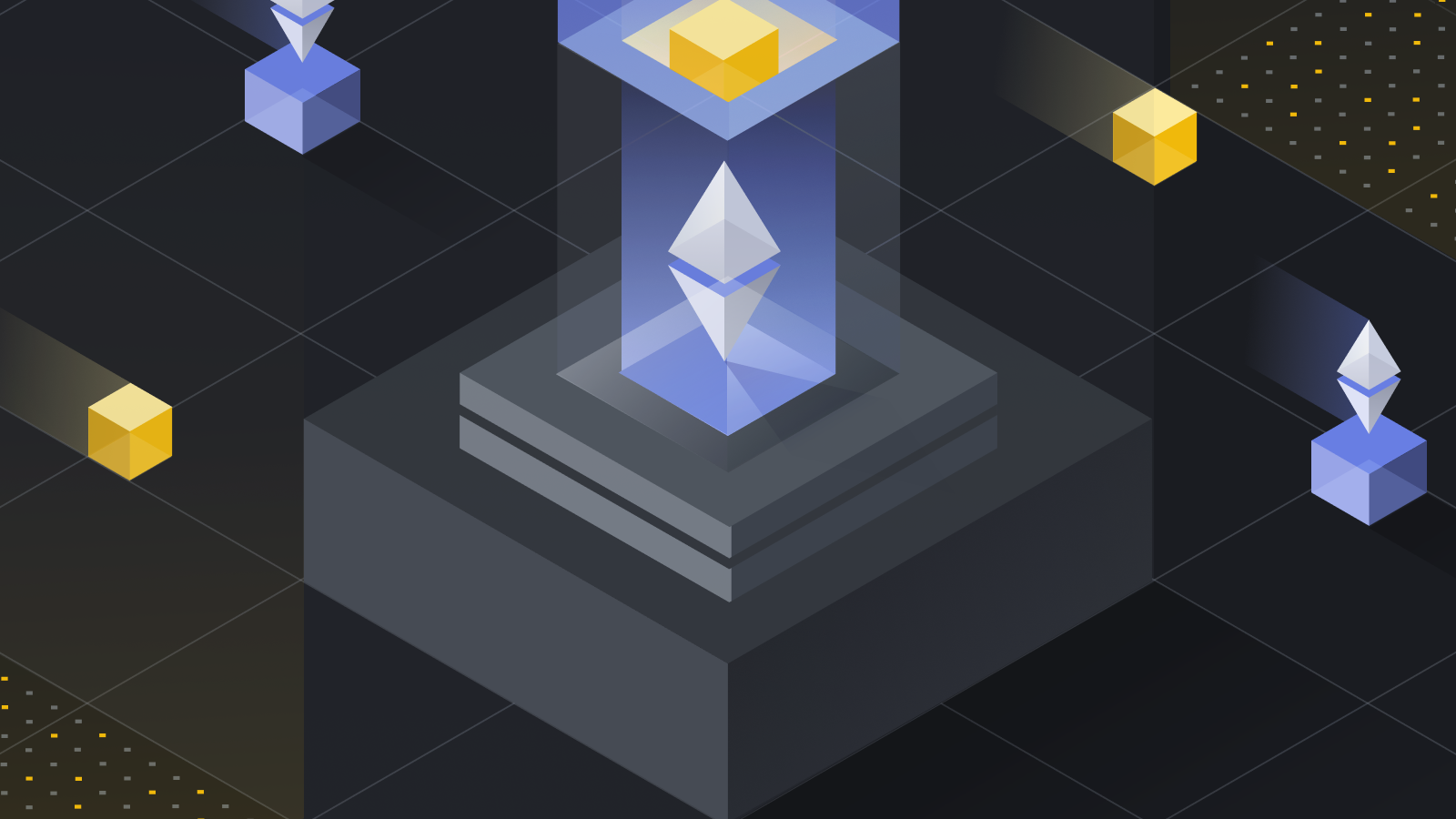TL;DR
Artificial intelligence (AI) can potentially increase transparency and decentralization in the decentralized finance (DeFi) world. Predictive analytics, smart contract automation, credit scoring, and other applications look promising. However, we should be realistic in our AI goals and avoid unnecessary reductions in accountability and human decision-making, as well as lofty goals for easy profits.
Introduction
Artificial intelligence (AI) is easily one of the world's most captivating technologies in the public eye. It seemingly has the potential to change so many aspects of our lives and the blockchain and crypto industry is no different.
However, we must carefully manage our expectations. While AI brings plenty of promise, it is also associated with certain delusions. Only by identifying the natural places for potential innovation can we successfully implement this technology.
AI’s DeFi Potential
Let's start by defining both terms. Decentralized finance (DeFi) is an ecosystem of DeFi applications built on blockchain networks. DeFi products include crypto loans, liquidity provision, and decentralized exchanges (DEXs).
Artificial intelligence (AI), according to the Oxford English Dictionary, is "the capacity of computers or other machines to exhibit or simulate intelligent behavior". When we think of AI in finance or trading, common applications include fraud detection software, trading bots, and even customer support chatbots.
What connects these two technologies?
On the surface, both AI and DeFi have the power to disrupt traditional financial systems through efficiency, transparency, and accessibility. DeFi has changed the products we can all access, while AI affects how we interact with them.
There seems to be an opportunity for AI to improve decision-making and risk management in DeFi. But what would this end up looking like? We can expect new AI-developed financial products and services, as well as trading algorithms and market-making mechanisms.
How Can AI Be Used in DeFi?
Predictive analytics
Predictive analytics use AI to try to predict future market outcomes by analyzing historical data and applying statistical models to it. AI can then improve its predictive skills via machine learning over time. In layman terms, this is akin to AI conducting technical and fundamental analysis on behalf of a trader.
These AI tools are already available in the crypto and finance world, but we now also see an opportunity for automated trading and portfolio management in the DeFi sector.
Smart contract automation
AI has the potential to increase smart contract effectiveness through automation. For example, a lending protocol could use AI to constantly monitor a lender’s collateral level and predict possible defaults before they happen. This information could then be sent to the lending protocol. In this case, AI would perform a function a smart contract would struggle to do.
Identifying dishonest DeFi activity
The anonymity supplied by DeFi services can make it more challenging to pick out fraudulent behavior, a problem AI can solve by looking at trends across large data sets to identify dishonest activity. Fake exchange trading volume or the suspicious moving of liquidity, for instance, can be targeted for identification using data analysis techniques.
Facilitating lending and borrowing through credit scoring
As part of DeFi's core ethos, decentralized products require little to no human input from issuers. However, this means that apart from capital requirements, DeFi products like crypto lending often have very low to no barriers to entry.
With proper credit scoring, crypto loan issuers can offer better prices to users with provable repayment track records. However, introducing a potentially biased human element to this scoring system would remove the decentralization aspect.
One way to counter this is to implement AI-based credit scoring, which could analyze a borrower's wallet and history, and transparently assess their potential for repayment.
Investment advice and portfolio management
Bot advisors are an exciting prospect for traders and investors on the DeFi markets. A human-like, interactive user experience flattens the learning curve for technical and fundamental analysis and high-level predictive analytics. With transactions on most blockchains being completely transparent, there's a wealth of data for AI to analyze and use.
Are There Any Negative Effects of AI in DeFi?
When we look at the bigger picture, we can see potential AI pitfalls. AI will undoubtedly negate the need for human labor in certain tasks, which could make certain jobs — and, to an extent, accountability — obsolete. DeFi is already a challenging sector to regulate due to its anonymous nature, and involving non-human actors would compound the problem.
We should also consider the possible issues related to training AI on limited data sets. Compared to traditional markets, crypto and especially DeFi are still in their infancy and as such, we have relatively little long-term data to build a balanced view of the overall market.
Introducing new tools also comes with security risks. Entry points to AI tools and how they access our data and wallets also mean additional points of attack for scammers. Unless they are open-source, AI tools are usually developed by private companies or individuals. How secure these tools are depends entirely on the robustness of the security features built into them by their developers.
We also need to think about the decentralization risks that introducing privately developed AI can bring. Often, there’s a lack of transparency in exactly how these tools work. You may not fully understand new updates or even precisely what this AI can access. Should the developer stop support for this AI, you could end up with redundant software.
What Are the Delusions Surrounding AI in DeFi?
While AI offers exciting opportunities in the DeFi space, we must be realistic. To take full advantage of AI in DeFi, developers should concentrate on where it can realistically make a difference. Most of the following delusions have already been seen in the traditional finance world, so they should be easy to spot in the DeFi world.
AI can replace human decision-making
Human input is always necessary when using an AI-based tool. The AI must be trained and used correctly, and this requires a more complex process than simply setting it loose on the markets without any guidance.
AI can solve all of DeFi’s problems
While AI can increase transparency and decentralization in DeFi, it's not a magic solution to all its problems. Shoehorning AI into every possible issue isn't efficient and in fact, can cause even more problems.
AI-based trading systems will be much more profitable
You only need to look at already existing systems on centralized exchanges (CEXs) to see this isn't the case. AI-based systems have some advantages, but we cannot guarantee they'll be more profitable.
AI will eliminate the need for trust in DeFi
DeFi already operates with a significant degree of trustlessness, but there are usually good reasons for trust in certain instances. AI should refrain from trying to replace extensive research on the trustworthiness of a project team or founder.
What Is the Future of AI in DeFi?
There's no doubt AI will provide revolutionary breakthroughs in the future. However, we can't be sure of the extent to which this will apply to DeFi. There is evident potential for AI to make financial services more accessible and efficient, which should be a goal to work towards.
This can be achieved by using AI to enhance DeFi systems' efficiency and effectiveness in making predictions, managing risk, and automating routine tasks. We can also use it to improve user experience and security.
What we shouldn't expect, however, are quick and easy profits. If that’s what you're looking for, you'll almost certainly be disappointed. As such, it's far more practical to focus on AI's potential not to create greater profit but increase financial accessibility and freedom for DeFi users.
Closing Thoughts
The potential of AI in the DeFi space is undeniable. AI can revolutionize how we interact with DeFi, from automating financial processes to enabling more accurate predictions of market trends.
However, while AI in DeFi holds much promise, there are a number of delusions that must be addressed. Therefore, as the field continues to evolve, it will be crucial for the crypto community to remain vigilant in its AI implementation, realizing its potential but being careful to avoid unintended consequences.



